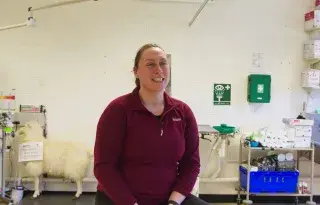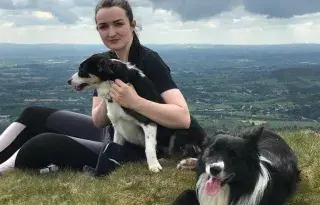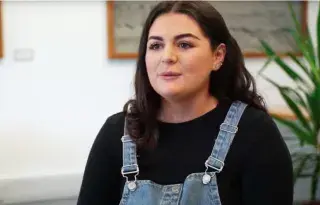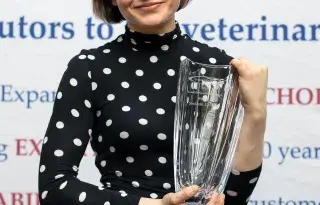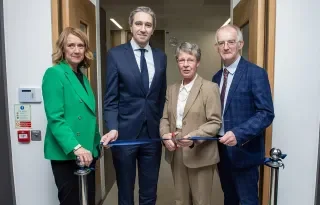BSc in Veterinary Nursing
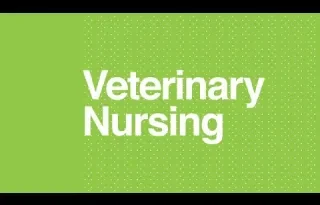
Search to find a different course
Course Overview
This course is designed to give students the knowledge and skills to make a significant contribution to animal health and welfare. Students will get to experience a wide range of areas, including anatomy and physiology of domestic animals, fluid therapy, medical and surgical nursing care, laboratory testing, veterinary diagnostics and therapeutics, office management and client communication. All relevant practical competencies will be covered in relation to dogs, cats, horses, farm animals and exotic species.
Students spend a residential week in Teagasc Ballyhaise, Cavan, in the spring of first year to gain practical experience with farm animals. Horse handling classes take place at a local equestrian centre before Christmas in 2nd year.
What makes this course different
Excellent Career Opportunities
100% of graduates in employment after 6 months of graduating and 100% of graduates say that the degree is very relevant or relevant for their career. (DkIT/HEA Graduate Survey)
Accredited by the Veterinary Council of Ireland
This course is accredited by the Veterinary Council of Ireland (VCI), enabling graduates to register with them and practice veterinary nursing in Ireland.
Work Placement
Students undertake one work placement each year in a registered veterinary clinic or hospital.
Understanding the Industry
Veterinary nurses play a vital role within the veterinary industry in caring for sick, injured and hospitalised animals, and contributing to the ongoing care of animals, while working closely with colleagues and owners as part of a patient care team. Registered veterinary nurses are in high demand with excellent employment opportunities both in veterinary practice and in the wider field of academia, research, agrifood, pharmaceuticals and animal care industries.
Career Opportunities
Graduates from this course will mainly find employment in large animal, companion animal, equine and mixed veterinary clinics and hospitals. Opportunities also exist in animal welfare facilities, veterinary product businesses, and the broader animal care industry.
Future Careers:
- Clinical nutrition
- Farm advisory services
- Horse racing regulation
- Pet insurance
- Bord Bia auditor
- Local Authority animal welfare officer
Course Delivery and Modules
Veterinary Nursing is a very ‘hands on’ career, and this course involves a lot of practical work, as well as lectures and tutorials. Practical classes cover a wide range of topics: basic anatomy and dissection of body tissues, blood and urine testing, parasite identification, animal restraint and handling, fluid therapy, drug calculations, surgical assistance, anaesthesia, bandaging and wound care, and the taking of x-rays are all included for example.
Assessments are a mixture of written exams and coursework, such as practical exams, group assignments and online assignments.
The course is intensive in nature, due to both the wide range of skills needed by a veterinary nurse and the time spent on work placements.
- Anatomy & Physiology 1
- Cell Biology & Biochemistry
- Introduction to Veterinary Nursing
- Veterinary Nursing Study Skills
- Work Placement 1
- Anatomy & Physiology 2
- Farm Animal Husbandry
- Microbiology for Veterinary Nurses
- Communications in Veterinary Practice
- Mathematics for Veterinary Nurses
- Diagnostic Imaging
- Small Animal Medical Nursing
- Clinical Pathology
- Veterinary Nursing for Exotic Species
- Veterinary Nursing Workplace Skills
- Large Animal Medical Nursing
- Animal Welfare & Behaviour
- Pharmacology
- Work Placement 2
- Parasitology (2026+)
- Surgical Nursing 1
- Anaesthesia & Analgesia
- Pharmacy, Law & Ethics
- Veterinary Nursing Professional Skills 1
- Surgical Nursing 2
- Small Animal Nutrition
- Equine Nursing
- Veterinary Nursing Professional Skills 2
- Veterinary Nursing Internship (11 weeks, May-Aug)
Work placement
Work placement forms an essential part of this course and students must complete this in a registered veterinary clinic or hospital (as listed in the Veterinary Council of Ireland Premises Accreditation Scheme) in each year of the course, for a minimum of 1000 work placement hours across the three years.
Professional Accreditations
This course is accredited by the Veterinary Council of Ireland (VCI), enabling graduates to register with them and practice veterinary nursing in Ireland. It is also accredited by ACOVENE (Accreditation Committee for Veterinary Nurse Education) which means that the qualification is recognised in all EU member states.
This course is also currently recognised by the Veterinary Nursing Council of the Royal College of Veterinary Surgeons (RCVS), thereby allowing graduates to practice veterinary nursing in the UK and Northern Ireland.
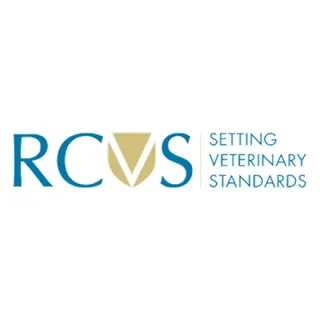
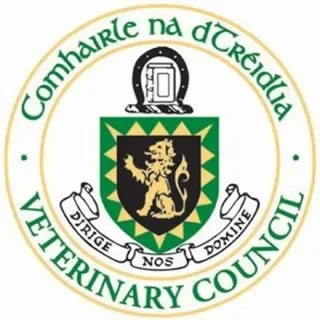
Education Progression
On completion of this course, graduates can immediately register and work as a Veterinary Nurse or decide to progress on to the BSc (Hons) in Advanced Veterinary Nursing at DkIT.
Graduates of the Level 7 BSc in Veterinary Nursing may apply for progression onto the part time BSc (Hons) in Agriculture (Part-time Level 8 Add-On) and will be assessed for entry through the Recognition of Prior Learning (RPL) process on an individual case-by-case basis.
BSc (Hons) in Agriculture (Part-time Level 8 Add-On)
BSc (Hons) in Advanced Veterinary Nursing
Fees and Funding
Please find information on fees and funding here: www.dkit.ie/fees
Entry requirements
In addition to the standard entry requirements below, Biology or Agricultural Science at Grade H5 is also required. Applicants from NI/UK require a minimum Grade C in A Level Biology or Agricultural Science.
- Standard Requirements for Leaving Certificate Applicants
- Standard Requirements for UK/NI Applicants
- Standard Requirements for QQI-Further Education Applicants
- Mature Applicants: Minimum of 23 years of age on January 1st of year of application.
- Recognition of prior learning process
Please note: There are 30 places on the course. 20 Leaving Certificate, 4 QQI Animal Care Level 5 and 6 mature applications. All applications should be made via the CAO by February 1st annually. All Veterinary Nursing students are subject to the DkIT Fitness to Practice Policy and Procedures. This course is not suitable for individuals with animal-associated allergies.
Recent CAO points
Course Related Videos
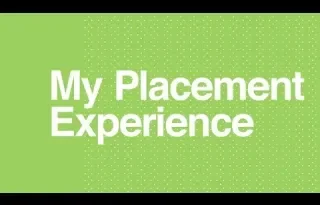
How to apply
Apply on CAO
All standard entry first-year applicants must apply for entry through the CAO. See Important application dates for CAO and information for specific applicant types below:
Ask us a Question
If you have a question about the BSc in Veterinary Nursing please ask it below and we will get back to you.
Disclaimer: All module titles are subject to change and for indicative purposes only. All courses are delivered subject to demand and timetables are subject to change. Elective Module options will only run subject to student numbers. The relevant Department will determine the viability of each elective module option proceeding depending on the number of students who choose that option. Students will be offered alternative elective modules on their programme should their preferred elective option not be proceeding. Award Options for Common Entry Programmes: The relevant Department will determine the viability of each award option proceeding depending on the number of students who choose either option. If the numbers for one of the Award options exceed available places, students for this option will be selected based on Academic Merit (highest grades).
